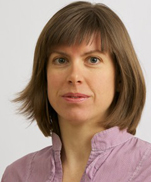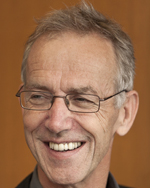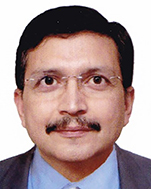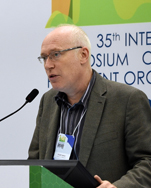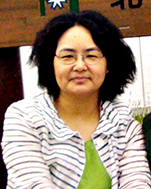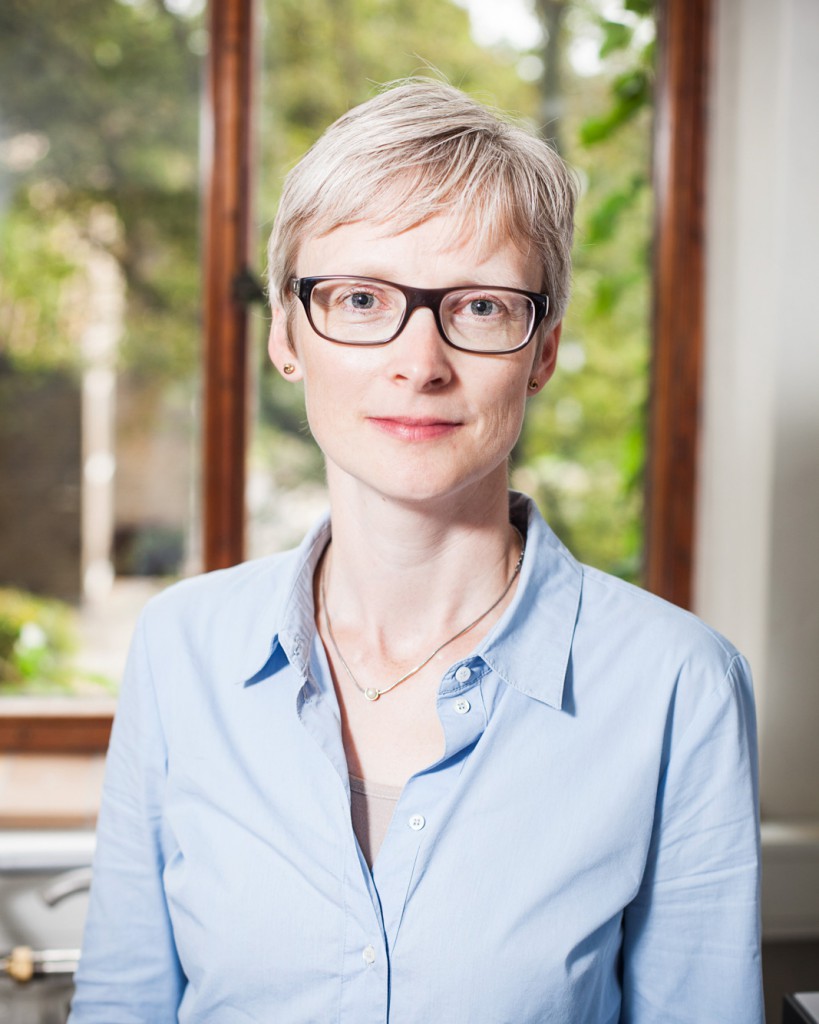We are delighted to announce a special RSC Journal Forum, ‘Environmental Solutions for Planetary Health’ taking place at SETAC Asia-Pacific in Tianjin, China, next month. This Forum will feature talks from Editorial and Advisory Board members of Environmental Science: Advances, Environmental Science: Atmospheres, Environmental Science: Processes & Impacts and Environmental Science: Nano – part of our Environmental Science journal portfolio.
More details about the SETAC Asia-Pacific conference can be found here, including details on how to register.
Forum details
When: 23rd September, 12:30-17:00
Where: 19th Meeting Room, Society Hill Hotels & Conventions
12:30-13:30 Lunch & Learn
Join Grace Thoburn (Deputy Editor, RSC) for her talk ‘Publishing with the Environmental Science journals of the Royal Society of Chemistry’. This will be followed by an interactive ‘Meet the Editorial Board members’ session, where Editorial Board members of our Environmental Science journals welcome your questions about the journals and publishing.
13:30-17:00 RSC Forum: Environmental Solutions for Planetary Health
13:30-14:00 Zongwei Cai, Hong Kong Baptist University
Mass spectrometry-based investigation of environmental new pollutants and their health effects
14:00-14:30 Derek Muir, University of Guelph
Screening Global Industrial Chemical Inventories for Novel Substances of Environmental Concern
14:30-15:00 Iseult Lynch, University of Birmingham
Leveraging nanomaterials safely and sustainably for food and water security
15:00-15:30 Coffee Break
15:30-16:00 Mingliang Fang, Fudan University
Toxicological Study of Human Exposure to Mixtures of Chemicals: Challenges and Approaches
16:00-16:30 Beate Escher, Helmholtz Centre for Environmental Research
Proxies of the Ecoexposome
16:30-17:00 Shuxiao Wang, Tsinghua University
Emission and Long-Time Aging of Full-Volatility Organics from Wildfires

















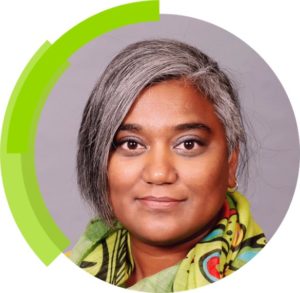
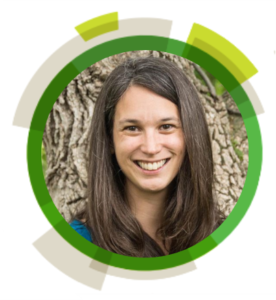



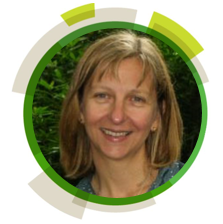

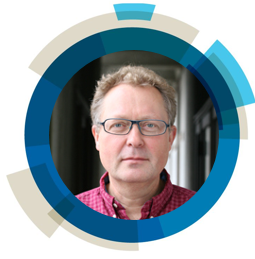
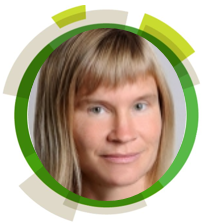


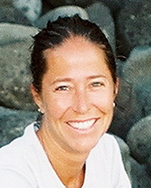
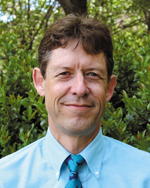 Philip Gschwend is a Professor of Civil and Environmental Engineering at MIT. His research focuses on environmental organic chemistry, including phase exchanges and transformation processes, modeling fates of organic pollutants, roles of colloids and black carbons and passive sampling for site evaluation.
Philip Gschwend is a Professor of Civil and Environmental Engineering at MIT. His research focuses on environmental organic chemistry, including phase exchanges and transformation processes, modeling fates of organic pollutants, roles of colloids and black carbons and passive sampling for site evaluation.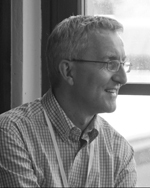


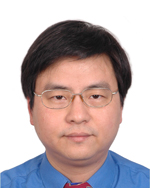

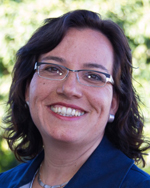
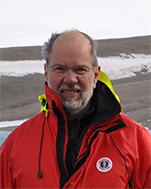 Derek Muir is a Senior Research Scientist and Section Head at the Environment and Climate Change Canada. His work aims to develop knowledge on the distribution, fate and bioaccumulation of priority substances in order to provide policy- and decision-makers with information to make sound decisions on assessment and management of chemicals.
Derek Muir is a Senior Research Scientist and Section Head at the Environment and Climate Change Canada. His work aims to develop knowledge on the distribution, fate and bioaccumulation of priority substances in order to provide policy- and decision-makers with information to make sound decisions on assessment and management of chemicals.
